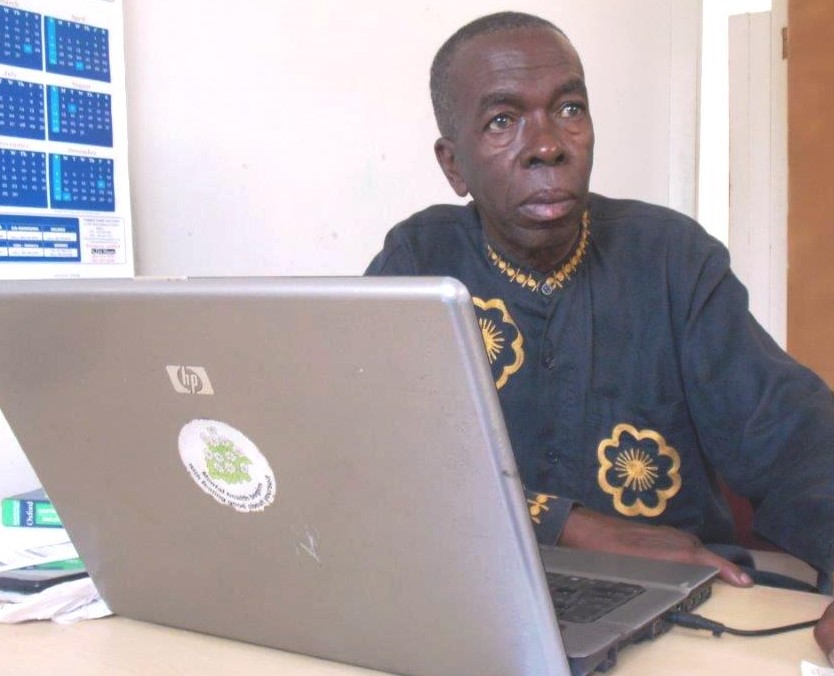Long before I became a published author, I never knew there was someone called a book editor until I stumbled across a news article about Jacqueline Kennedy, a New York-based book editor. Yes, she was the wife of American President John Fitzgerald Kennedy. Perhaps I was not alone in this darkness, I was of the view that writers were immensely talented and skilled, therefore they did not need book editors. How wrong I was! In the early years of my journalism career, I was informed that you never stop learning in journalism. Remember the typewriter era? The horseshoe newsroom structure? That has changed drastically. Newsrooms are now paperless, digitised and the reporter can talk to the arts editor by the stroke of a key on the keyboard. The same cannot be over-emphasised in creative writing. Writing coaches, publishers, book editors, and agents also hold a similar view. They coach authors to read about writing. After reading extensively about my trade, I learnt a lot about book editors and editing. These guys have obtained excellent qualifications, they are smart and highly skilled. Book editing is a high-pressured job.
A summary of a book editor’s functions:
Book editors read, review, and edit manuscripts from authors. They may edit words, punctuation, style, voice, overall story, mechanics, pacing, and formatting to ensure an author’s writing is clear and error-free. Excellent attention to detail and fact-checking ability are a must.
However, through my journey as an author, I realised that book editors are also human beings and are susceptible to imperfections. My manuscript was in the final stages, and my editors sent PDFs for approval. He included a note, ‘Read through the manuscript, pay attention, and make changes if necessary. I am also a human being’. My goodness, I thought to myself, is this guy serious? He is the editor, he is not likely to make mistakes.
How wrong I was. In the early pages of the manuscript I had a character named Nothemba, and in later chapters, the same character I named her Nomathemba. The editor had not spotted this glaring mistake. While working on another project, I needed an editor for my work. The editor requested the first five chapters of the manuscript so that she could review my work and give me feedback. I did not take long to get the feedback. The setting a farmland and grazing land. The editor would not hear of that, and she informed me there was no difference between the two.
Sure there is (I insisted): The main difference between grazing land and farmland is the primary use of the land: grazing land is used for livestock, while farmland is used for crops.
My manuscript for my second novel was accepted for publishing. I received encouraging feedback from the editor. The manuscript is now in the formatting stages. I decided to re-read the edited version and guess what? I found so many glaring mistakes that I will now have to make corrections on the formatted PDF version. Make sure to pay attention when you get your manuscript back from your editor. A book editor is a human being and like you is also fallible

Author Thabo Mooke. His second book, Daring the Headmaster, will be published soon.

Leave a Reply